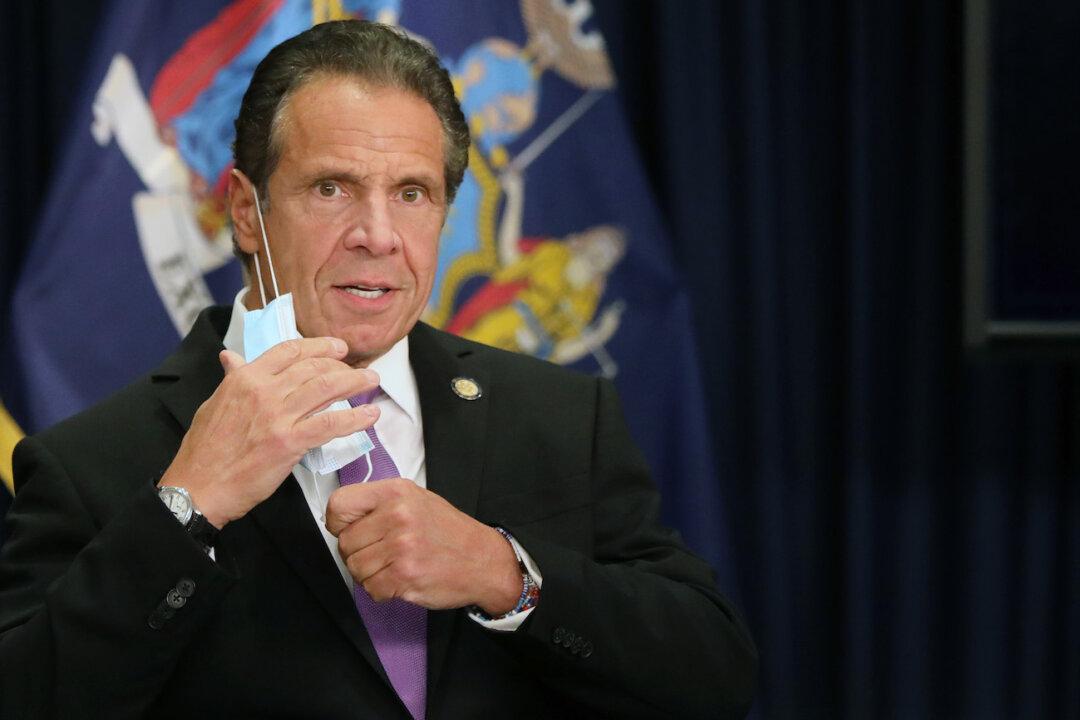The Supreme Court has blocked New York Gov. Andrew Cuomo from enforcing pandemic-related restrictions on attendance at houses of worship, a dramatic departure from the high court’s recent hands-off rulings giving states free rein to limit constitutional rights while combating COVID-19.
The 5–4 unsigned opinion in Roman Catholic Diocese of Brooklyn v. Cuomo, which came late on Nov. 25, also applies to another case, Agudath Israel of America v. Cuomo.





